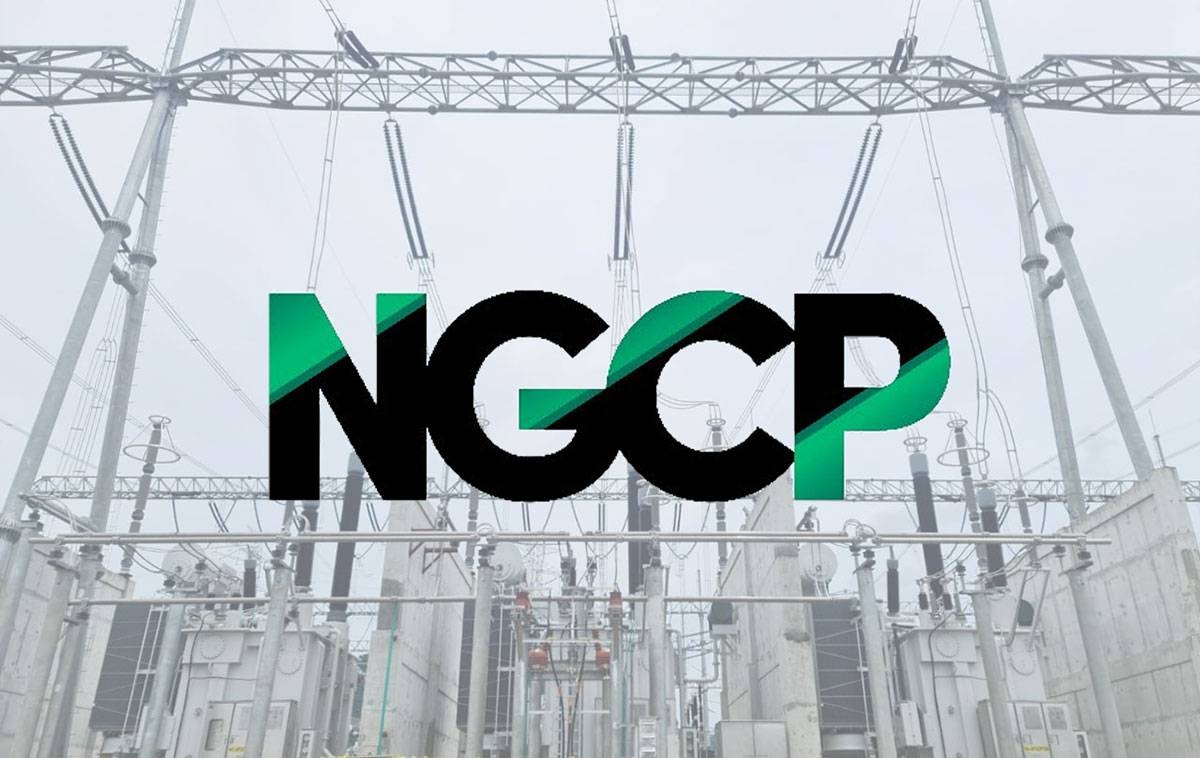GOSOLAR Philippines is calling on the country to embrace solar energy as a solution to the ongoing troubles faced by the National Grid Corporation of the Philippines (NGCP), which recently resulted in a blackout in Western Visayas. In an interview with The Manila Times, Aibar Rabi “Bhong” Bibi, the President and CEO of GoSolar Philippines, emphasized the need for public education and awareness regarding the benefits of solar energy.
Bibi highlighted that solar energy offers a viable solution for households to become independent from the grid and reduce reliance on distribution utilities and the NGCP. By installing solar panels, households can essentially become their own power plants. Contrary to common belief, the cost of solar panels has significantly decreased by 70 percent, making them more affordable and accessible to the general public.
The lack of support for solar energy adoption was also addressed by Bibi. He expressed his dissatisfaction with banks categorizing solar loans as personal loans, despite the clear investment value of solar energy. Installing solar panels not only provides a return on investment through savings on electricity bills but also contributes to a sustainable and environmentally friendly energy solution. The return on investment for solar panels typically ranges from three to five years, with a lifespan of 25 to 30 years.
In a separate development, Camarines Sur 2nd District Representative Luis Raymund Villafuerte raised concerns about the National Grid Corporation of the Philippines’ performance and the number of unfinished projects under its transmission development plan (TDP). According to the Department of Energy, the NGCP has only managed to expand transmission lines by 8 percent since acquiring the concession in 2009. Villafuerte argued that the 37 unfinished or pending projects are sufficient grounds for Congress to consider revoking the NGCP’s franchise.
One of the notable unfinished projects highlighted by Villafuerte is the 230-kilovolt Cebu-Negros-Panay (CNP) stage three backbone project, which was intended to strengthen the Panay grid. Completion of this project could have potentially prevented the New Year’s Eve blackout in Panay Island, which was a recurrence of a similar outage in April 2023.
The current challenges faced by the NGCP underscore the urgency of exploring alternative energy sources such as solar power. With its decreasing costs and long-term benefits, solar energy presents an opportunity for households to become more self-reliant and contribute to a more stable and sustainable energy grid.
It is crucial for the government, financial institutions, and the public to recognize the value of solar energy and provide the necessary support and incentives for its adoption. By harnessing the power of the sun, the Philippines can reduce its reliance on traditional energy sources and mitigate the risks associated with grid failures and blackouts. Embracing solar energy will not only contribute to a more resilient and independent energy infrastructure but also pave the way for a greener and more sustainable future for the country.







